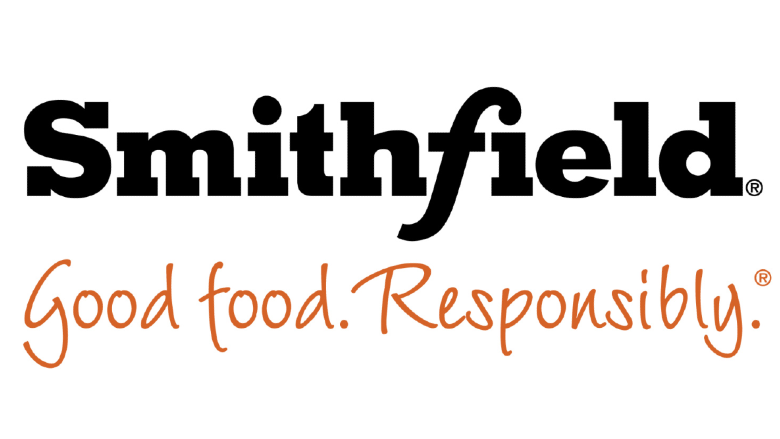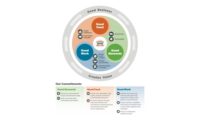Smithfield Foods released its 22nd annual sustainability impact report detailing sustainability goal achievements and renewed commitments that continue to drive Smithfield's production of safe, wholesome and nutritious food responsibly.
“Despite the difficult industry environment our company and industry faced in 2023, Smithfield remained resilient and made significant progress on our sustainability journey,” said Stewart Leeth, chief sustainability officer for Smithfield Foods. “We have a clear path forward that builds momentum on our 22-year commitment of being good stewards, doing good work and producing good food.”
Highlights of Smithfield’s sustainability impact report:
Animal care: Smithfield farm operations had an average performance score of 95% for internal audits and 98% on third-party audits in 2023, while its processing facilities’ average score was 99.57% on third-party audits.
Creating clean, renewable energy: In 2023, Smithfield completed a $150 million renewable natural gas project, the largest of its kind, installing manure-to-energy technology on nearly all company-owned hog finishing farms in Missouri. The company is on track to achieve its target to install biogas systems on 90% of finishing farms for U.S. company and contract locations by 2030.
Reducing emissions: By using alternative feed ingredients, Smithfield reduced greenhouse gas emissions associated with feed by more than 100,000 tons from a 2010 baseline.
Reducing landfill waste: Smithfield reduced its production-weighted solid waste to landfills by approximately 60% compared with a 2010 baseline.
Reducing food loss and waste: Smithfield participates in USDA’s U.S. Food Loss and Waste 2030 Champions initiative and has reduced food waste at its distribution centers by 30% through improvements to inventory management and product handling.
Giving back: Smithfield donated more than 30 million protein servings to food banks, disaster relief efforts and community outreach programs, made nearly $37 million in cash and in-kind contributions and awarded more than $969,000 in need-based educational scholarships globally.
Diversity, culture and engagement: In 2023, Smithfield’s production-facility spending with minority-owned businesses topped $83 million.
Supporting farmers: All of Smithfield's U.S. company-owned sow farms were converted to group housing several years ago, and the company supports contract farmers interested in converting their facilities to group housing. Currently, 42% of U.S. contract farmers are operating group housing systems. The company’s agronomics program, SmithfieldGro, helps farmers in its supply chain reduce crop inputs and improve crop yields by investing in carbon reduction and conservation methods.
Worker safety: Smithfield achieved safety incident rates below industry averages again in 2023.
Food safety: Smithfield’s U.S. facilities had zero product recalls in 2023.
Health and wellness: Smithfield remains on track to increase transparency of food nutrition through cleaner labels and is committed to reducing added sugars and sodium by 10% across its entire U.S. product line by 2025.
Smithfield was the first major protein company to adopt and publicly report sustainability efforts, beginning with its first sustainability impact report in 2001. The company’s sustainability program is guided by the Global Reporting Initiative Standards, the IFRS Foundation's SASB Standards and the UN's Sustainable Development Goals, and is grounded in seven pillars organized according to its principles for doing good.
Source: Smithfield Foods Inc.




